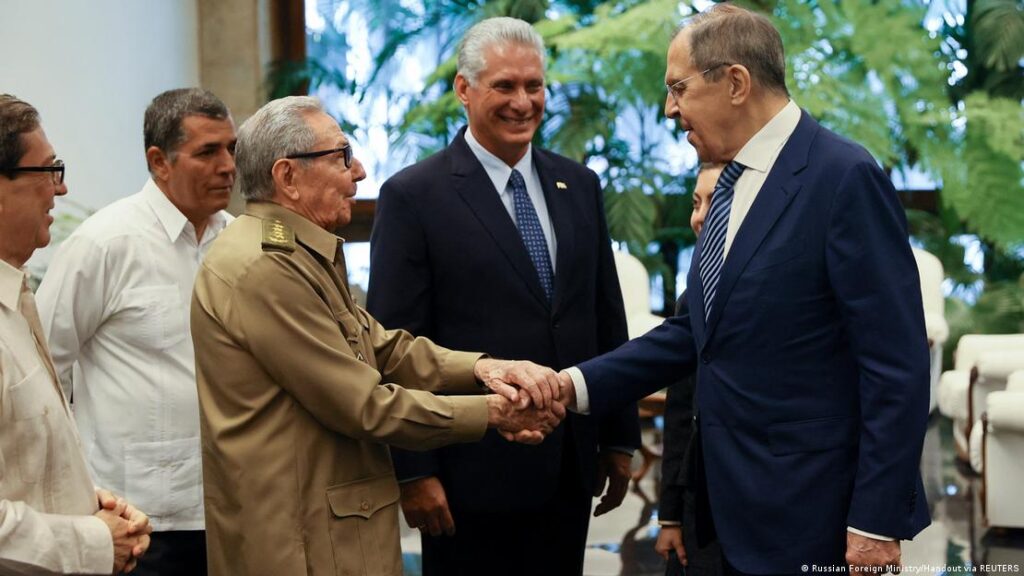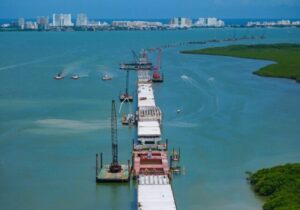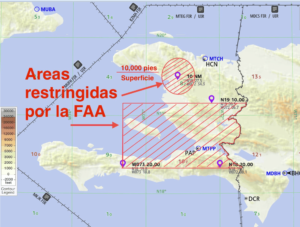
A Russian naval detachment, which includes the nuclear-powered submarine “Kazan,” arrived in Cuba for a five-day visit to the island. Minutes before 08:00 local time (12:00 GMT), the oil tanker “Pashin” entered the bay of Havana, at the forefront of the flotilla, followed by the rescue tug “Nikolai Chiker”, decorated with white and blue stripes. and red of the Russian flag.
Explanations from the Foreign Ministry and the Armed Forces
A Royal Canadian Navy patrol ship HMCS Margaret Broooke will also arrive on the island on Friday, in the context of the 80th anniversary of diplomatic relations between Cuba and Canada, the Cuban Foreign Ministry was quick to report.
The arrival of this fleet occurs the same day that Foreign Minister Bruno Rodríguez and his Russian counterpart Sergei Lavrov met in Moscow, the Cuban Foreign Ministry reported.
The Ministry of the Revolutionary Armed Forces (MINFAR), for its part, indicated last week that the Russian ships do not carry nuclear weapons and do not represent a “threat to the region.”
The visit of the Russian frigate “strictly complies with the international regulations of which Cuba is a State party” and responds to “the historical friendly relations” between Havana and Moscow, said the Cuban army.
US monitors closely but sees no direct threat
The US Department of Defense, which claimed to be following the movements of the flotilla for days, told the EFE agency that it does not perceive this Russian movement as a threat.
However, several American warships were mobilized in the last few hours to closely follow the trajectory of the Russian flotilla, when the ships were closest to the coast of Florida (in the southeastern United States).
The US Department of Defense also added that they expect the detachment to also stop at Venezuelan ports and carry out maritime and air maneuvers during the northern summer in international waters of the Caribbean Sea.
These sources showed no concern about the Russian military presence near the United States. “Russia’s deployments are part of routine naval activity and do not concern us, as they do not represent a direct threat,” they stated.
Russia talks about “high precision” exercises
The Russian Ministry of Defense reported this Tuesday that the flotilla took advantage of its movement through international waters of the Atlantic to carry out exercises that included the virtual launch of “high-precision” missiles.
The Gorshkov frigate, one of the latest generation of Russian frigates, began operating in 2018 and has participated in multinational maneuvers in recent years and in the exercise that trained the launch of Tsirkon hypersonic missiles from the sea in 2023.
The Kazan is a modern nuclear-powered submarine capable of firing cruise missiles that became operational in 2021.
The movement was announced shortly after Russian President Vladimir Putin announced that he was willing to take “asymmetric measures,” after learning that several Western countries were going to allow Ukraine to use the weapons they gave it to attack Russia in his territory.

After Díaz-Canel’s visit to Russia
The visit of this naval detachment occurs a month after the Cuban president, Miguel Díaz-Canel, wished “success in carrying out the special military operation” to Moscow, in reference to the conflict with Ukraine, during a visit to Russia in the one who accompanied President Vladimir Putin during the parade commemorating the Soviet victory against the Nazis in 1945.
Díaz-Canel then condemned “the geopolitical manipulation” of the United States and “NATO’s threat to approach the borders” of Russia, quoted by the Russian news agency TASS.
In recent years there have been two visits by Russian flotillas, but neither with a nuclear submarine. The last one took place in June 2019, which was also headed by Gorshkov. For the previous one we have to go back to 2013.
In recent years, Cuba and Russia have deepened their historic relations in the political, military and economic spheres. The Cubans, harassed mainly by the serious crisis they suffer; the Russians, to consolidate their meager network of allies and the geostrategic value of the island.
In March, Cuba received more than 90,000 tons of oil from Russia. In September 2023, a scandal involving the recruitment of Cubans as mercenaries for Russia’s war against Ukraine was uncovered.
Source: Agencies




